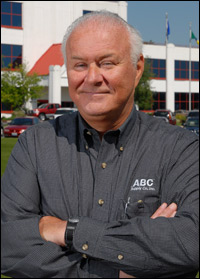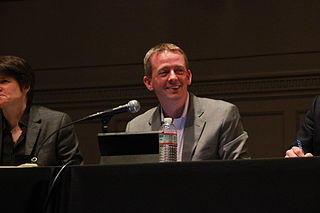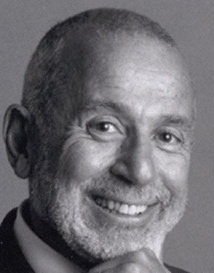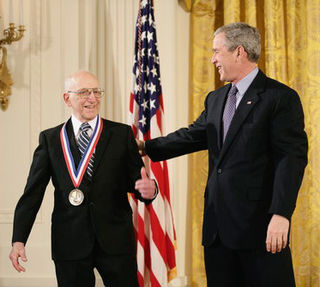A Quote by Eric Schlosser
The fast-food industry is in very good company with the lead industry and the tobacco industry in how it tries to mislead the public, and how aggressively it goes after anybody who criticizes its business practices.
Related Quotes
Part of what the food industry does with public relations, just like the chemical industry or the oil industry, is to try to erase their fingerprints from their messaging. So when consumers hear about a recent effort like the "food dialogues" put on by a group called the US Farmers and Ranchers Alliance, do they know necessarily that these "dialogues" are being funded by companies like Monsanto, a large chemical company and the controller of most of the patents on genetically modified seeds? No, they don't.
































